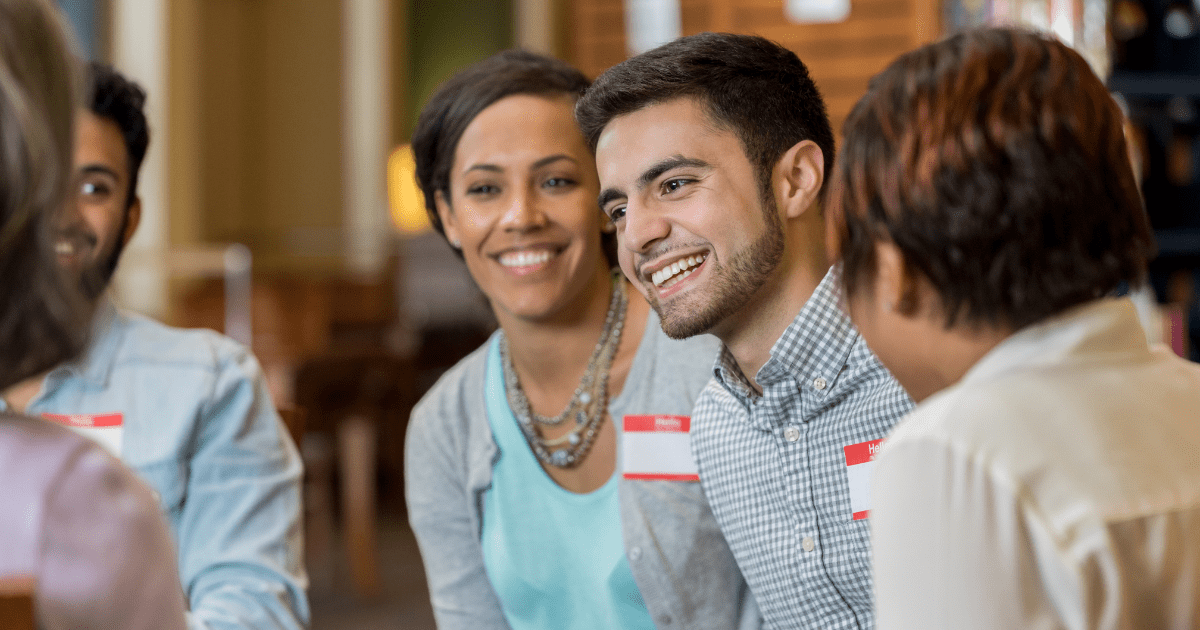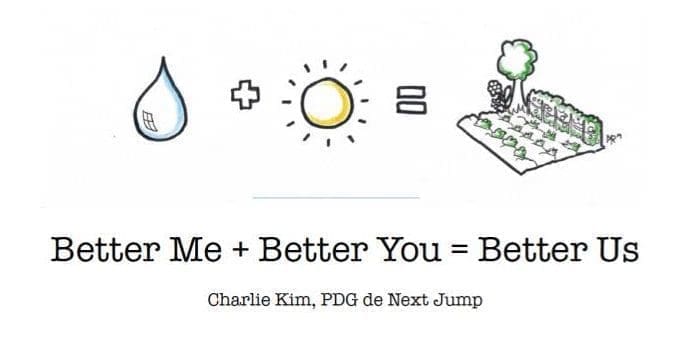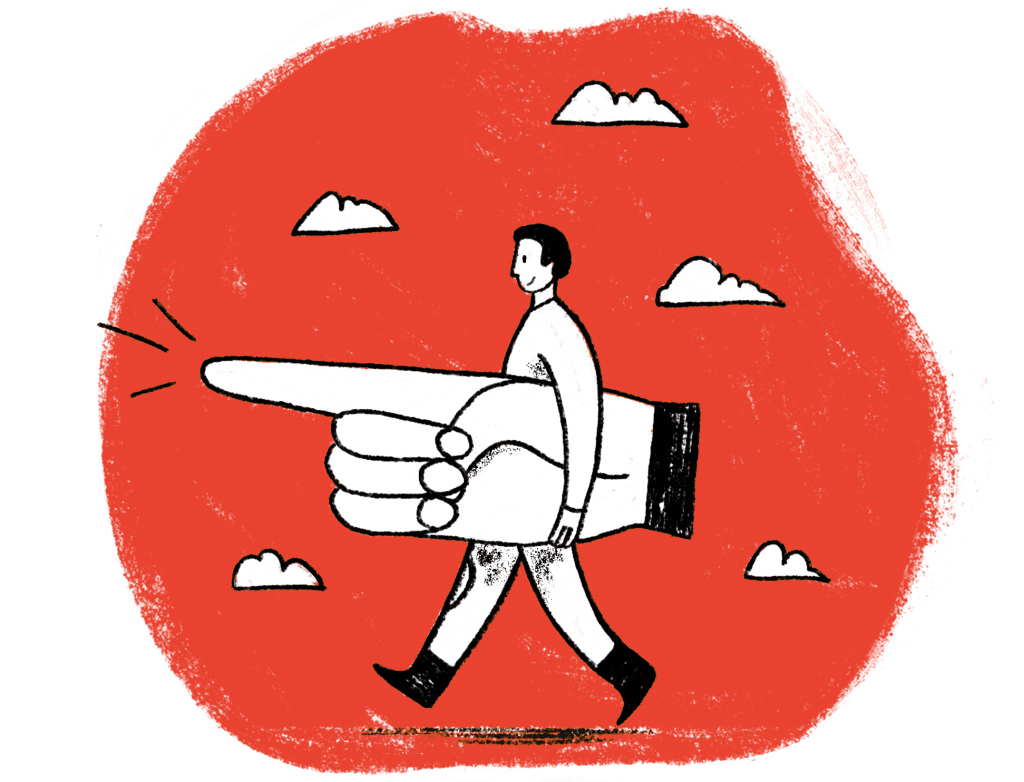
20 September 2023
2 min.
At Boostalab
5 October 2021
6 min.

Have you ever heard of codevelopment? Codevelopment is an approach that allows for the continuous growth of one’s professional practice within a learning community or simply a group of colleagues. We include it in our interactive paths and it’s a very popular practice with our clients.
Did you know that this is a Quebec approach? It was Adrien Payette and his colleague Claude Champagne who initiated this type of social learning. In fact, the book Le groupe de codéveloppement professionnel (The Professional Codevelopment Group), although it dates back to 1997, remains a reference for those who want to explore this concept.
Codevelopment is practiced in a group. For it to work, the group must be committed to learning together and helping each other. It can happen in a natural team, a group of managers, a group of people who do the same work, but it can also be a group from different sectors or work environments. The possibilities are diverse, but the idea remains the same: to learn together. Everyone learns in a codevelopment session, for real! (Our clients, even the most cautious at first, will tell you that!) And it works just as well in groups where people are used to working together as in those where people don’t know each other.
A codevelopment session is based on very precise ground rules, roles assigned to each person, and a rigorous process. This is what ensures that, with the goodwill of each person, positive results can be achieved.
And all of this can be done in virtual meetings as well as in person!
In each of the sessions, several roles are assigned. These include:
In a codevelopment session, there are 6 key steps that must absolutely be respected, in a precise sequence. These are explained by the facilitator to the participants at the beginning of the session and throughout the session.
Each codevelopment group is different but the rules remain the same. This is what makes it possible to provide the right framework and to allow interesting ideas to flourish.
Codevelopment is ideal to make progress on a project on which you are stuck. Indeed, nothing beats collective intelligence when it comes to coming up with creative ideas that you could not have thought of alone. With people from different teams or sectors, it allows you to see things differently. And even with people you are used to working with, it also allows you to see the problem from another angle because we all have different ways of thinking.
If you’re looking to build cohesion or team spirit, codevelopment is also a good way to do this. In a codevelopment session, participants come together in a different environment (and sometimes for the first time) and all work together to help one person… and everyone ends up getting something out of it! This builds strong, authentic relationships and gives people the opportunity to get to know each other a little better and differently.
Moreover, in contexts of transitioning back to the office and of hybrid work, we have seen, on several occasions, colleagues offering each other great ideas for maintaining strong relationships in their teams, directly applicable to their specific organizational context!

We regularly use codevelopment with our clients. This allows them to generate new ideas but also to feel supported in the process. If someone, for example, is learning how to delegate better, they can ask for help in a codevelopment group to get ideas on how to frame expectations with their team. (P.S.: we also have a guide on How to delegate efficiently if you are interested).
Boost the skills and transform the behavior of your teams in a sustainable way!

It is a great practice to encourage each person in the organization to develop. Codevelopment is a great forum to help colleagues to be at their best and to challenge themselves positively. We often repeat: learning as a team is one of the key learning levers to anchor skills in a lasting and concrete way over time. When it is well done (and without wishing to boast, we are quite good at it!), it gives flamboyant results!
As you can see, codevelopment is a powerful tool. But, for it to work, the following 3 elements must be present.
In the word co-development, we find the prefix “co” which indicates association, participation and simultaneity. For the results to be achieved, the participants in the codevelopment session must be willing to exchange and to help the other participants. Indeed, it is by working together and by being in a supportive mindset that we progress. You must be ready to listen, to give, and to receive.
Co-development is not done randomly. There are rules, steps to follow and it is imperative to follow them in the right order. This is what allows the session to be fluid and fruitful, and the participants to be in the right frame of mind.
In order for the session to run smoothly, it is important that the facilitator be able to present the sequence we mentioned earlier in an extremely clear manner so that everyone understands the rules of co-development.
This person must be able to create the conditions for participants to feel comfortable and open to exchange. Quality facilitation will bring out all the insights gained during the co-development session and will help the participants to take action.
At Boostalab, this is what our Learning Experience Facilitators do regularly as part of our solutions. Not to mention helping you have fun during the session! Finally, we can also help you to independently facilitate your own codevelopment sessions with your teams.
Ready to try codevelopment?